A journey Home: From the shores of Colombia to the heart of Lebanon
Standing at the Edge of Muelle 1888, where the waves of the Caribbean lap against the docks that once welcomed countless immigrants, a young man closes his eyes. He imagines a woman stepping off a ship decades ago -his grandmother-arriving in Colombia with little more than hope and the will to build a new life. He never met her. She passed away before he was born.
Yet, through the stories of his relatives, he has come to know her in fragments a Lebanese woman through and through, part of a lineage of resilience and unwavering devotion. Lebanese grandmothers, like mothers, are breed of their own. Their strength is silent yet unshakable , their love woven into their very fabric of their families. She certainly carried her identity across the ocean, anchoring it in a land far from her own, ensuring that even generations later, her legacy would endure.
For most of his life, Lebanon was nothing more than a distant concept, an ancestral homeland that felt foreign, abstract. He knew of it through family tales and, perhaps most vividly, through food. Kibbeh, Tabbouleh, and hummus appeared at family gatherings, silent remnants of a culture he had never fully explored. Beyond that, Lebanon existed only in whispers, in old photographs, in names he couldn’t pronounce.
That all changed when he was invited to join JUCOLI – World Lebanese Cultural Union Youth – Colombia Chapter.
At first, it was just a group of young people with a shared background. But as he became more involved, aware of events like LEBolution, he realized it was something much deeper -a living bridge to his heritage-. He met other like him, Colombians with Lebanese blood who had found a way to keep their culture alive despite the distance. For the first time, he learned about dabke, the traditional dance that pulsed with energy and pride. He listened to the poetry of Khalil Gibran, felt the weight of Lebanese history, and began to understand the depth of what had been passed down to him.
Slowly, something shifted. Lebanon was no longer just the place his grandmother had left; it was a part of him.
He realized that identity is more than just lineage; it is connection. It is choosing to embrace where you come from, even when the path back is not clear. It is standing among friends, dancing to rhythms that have traveled through generations, and feeling something stir inside you, something that tells you this, too, is home.
One day, he dreams of walking through the streets of Beirut, tracing the steps his grandmother once took before she left. He imagines standing before the ancient ruins of Baalbek, watching the sun set over the Mediterranean, feeling the pulse of a land that has endured for centuries. But today, here in Colombia, he finds her presence in a different way, at Muelle 1888, the very place where her journey began.
As he looks out over the water, he no longer feels like a stranger to his past. He understands now that migration is not just about leaving; it is about carrying home within you, wherever you go. And though he never met his grandmother, he carries her story forward, through JUCOLI, through tradition, through the unbreakable bond between Colombia and Lebanon.
One day, and he hopes is not too late, he will set foot on Lebanese soil. And when he does, he will not feel like a visitor. He will feel like he has come.
By Juan Carlos Guerrero Castellanos
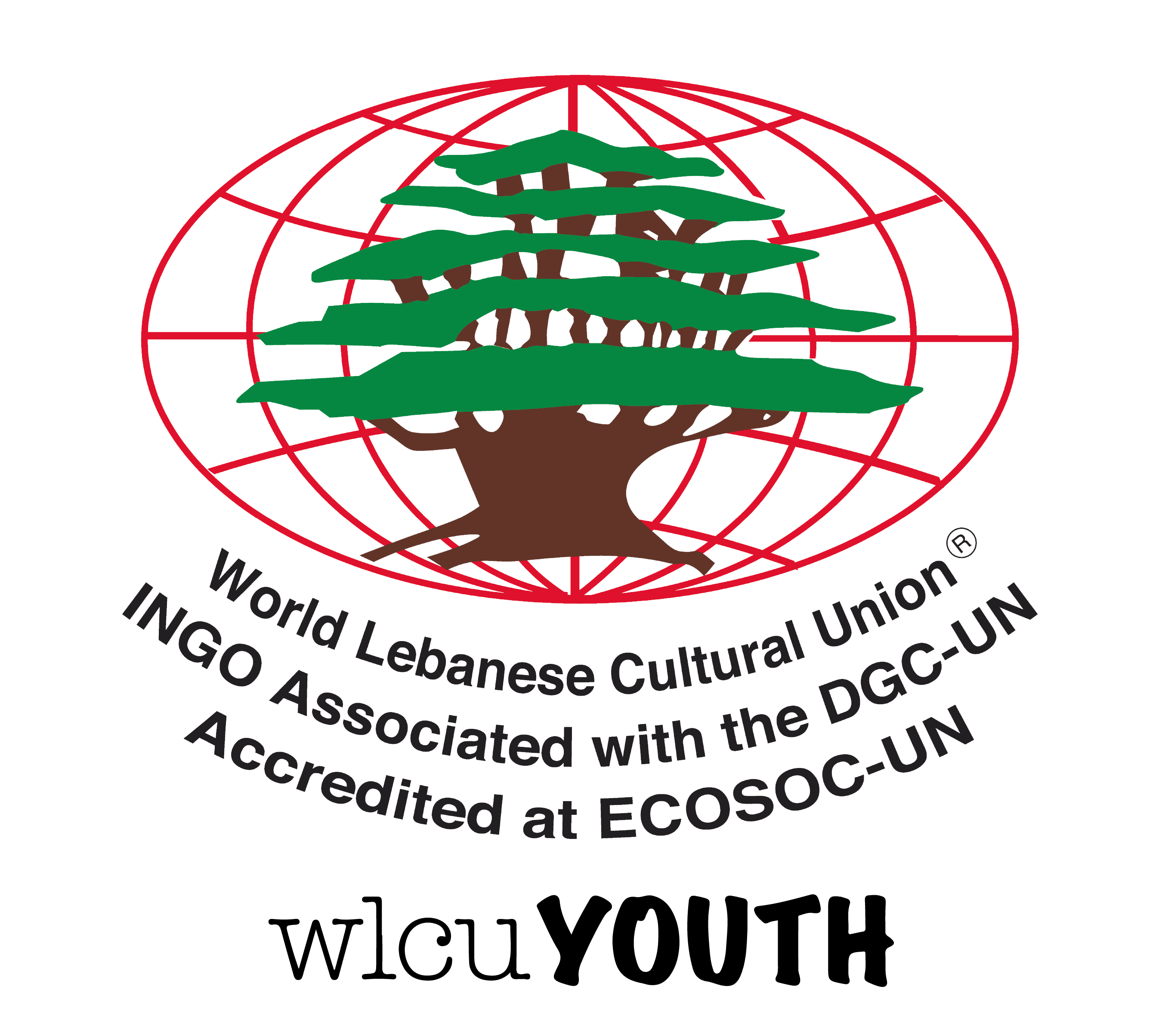
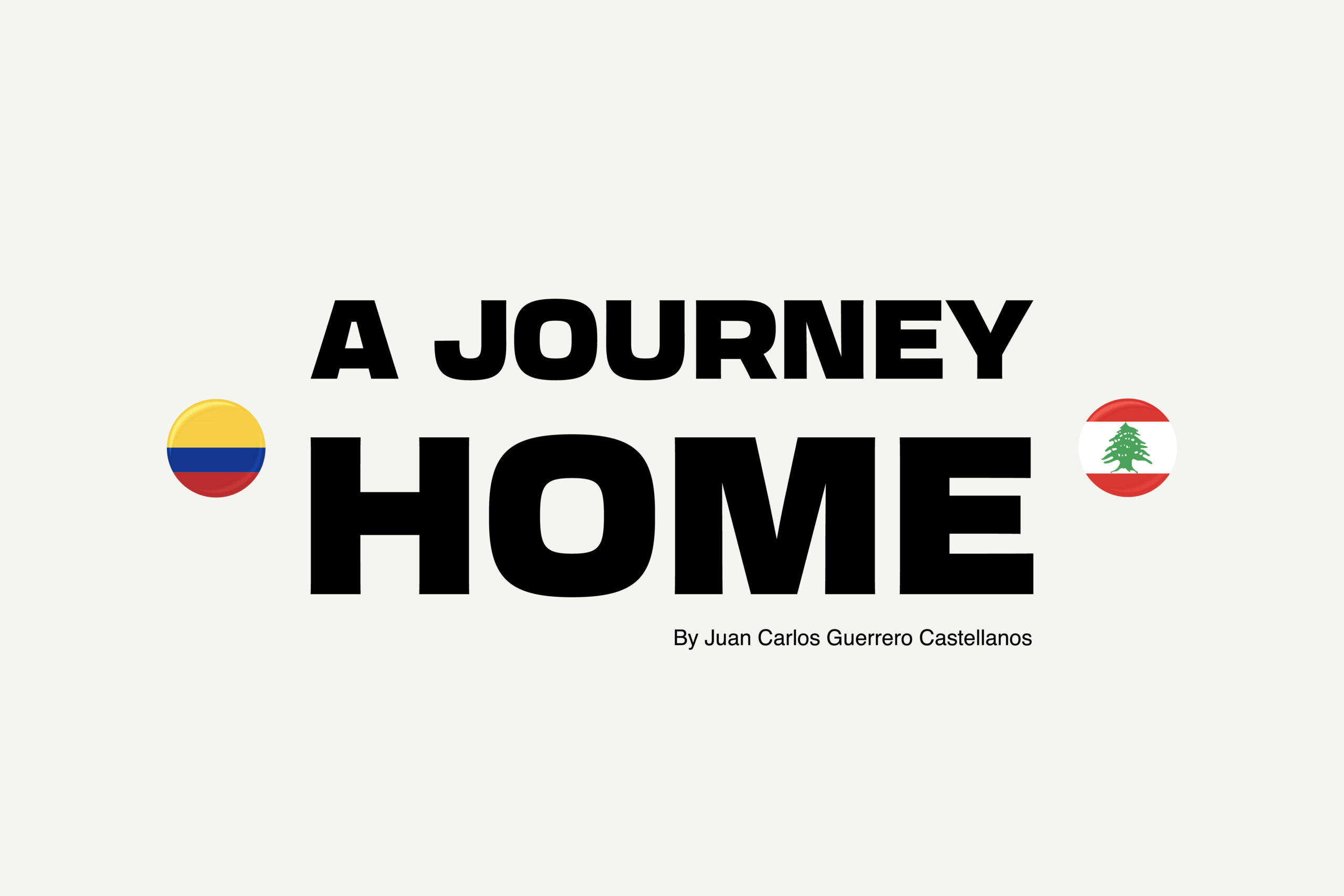



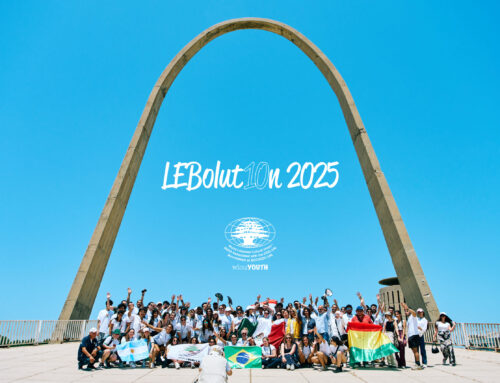
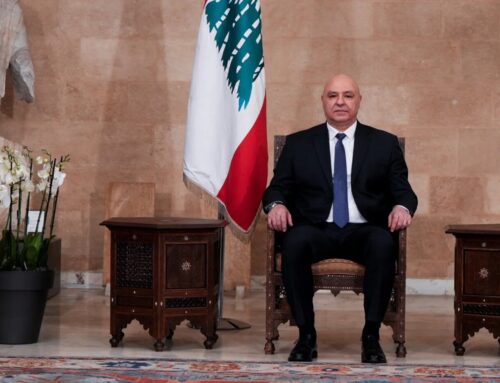

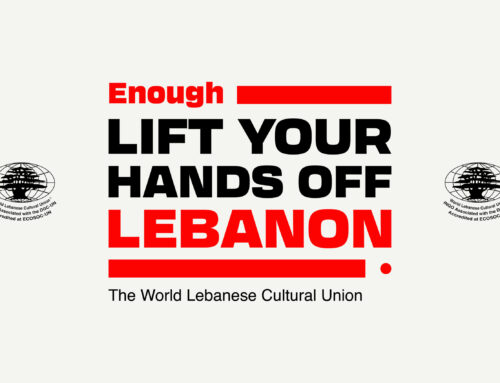
Amazing, I feel completely identified! 👏🏼✨